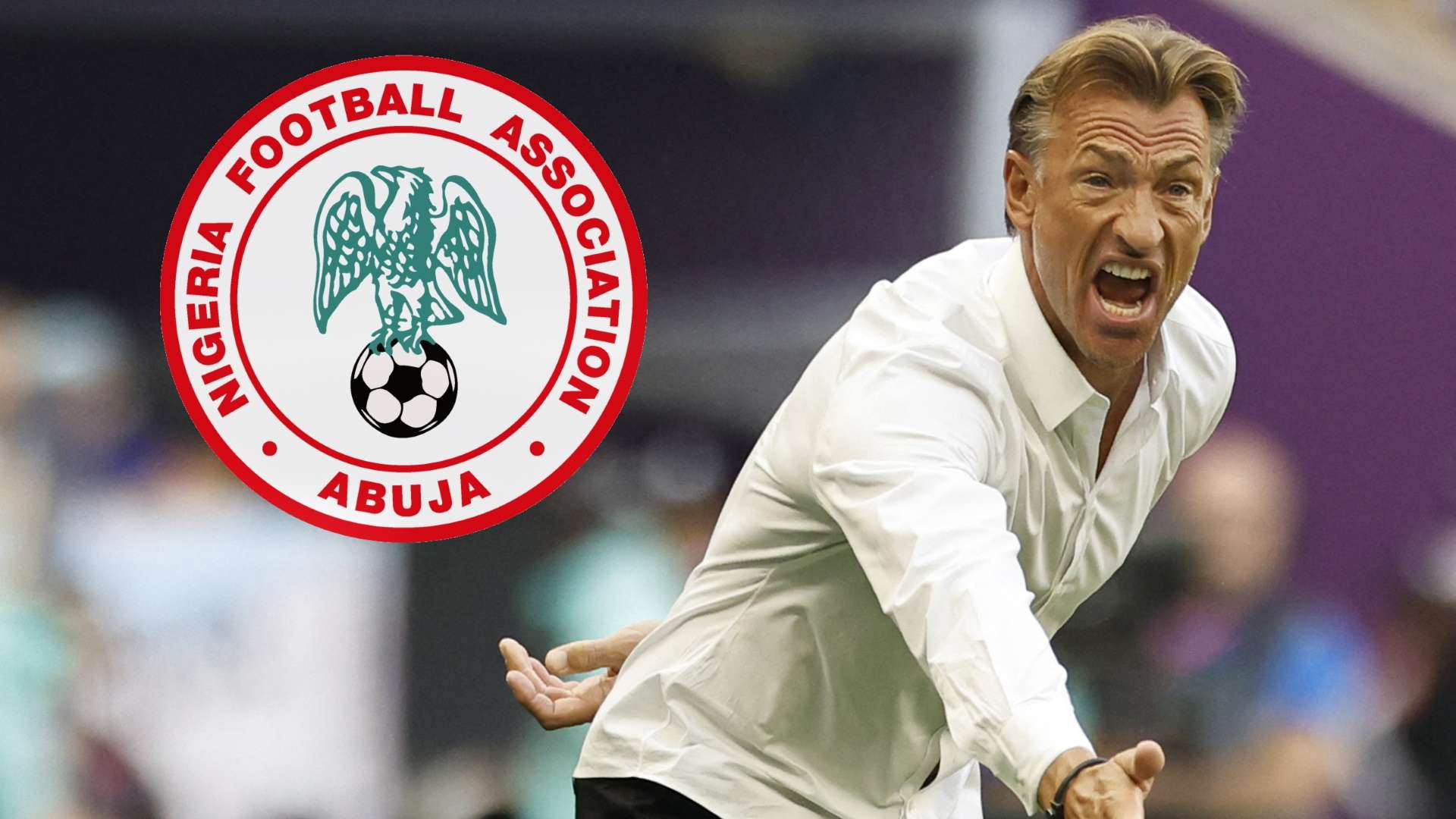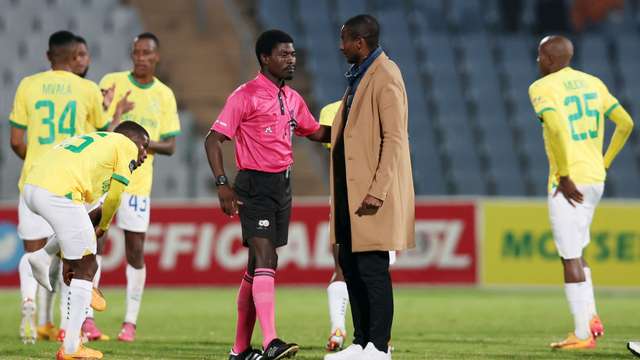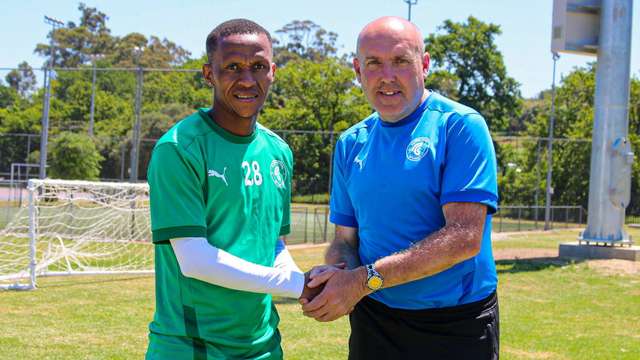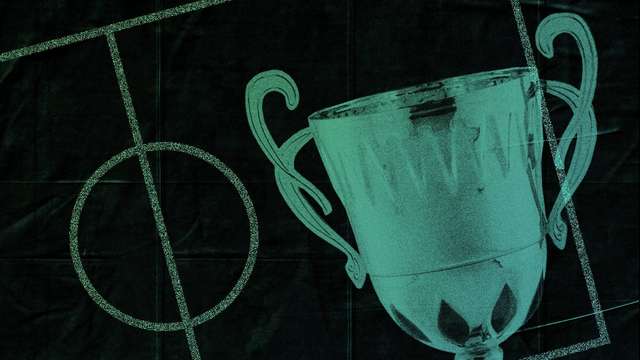Super Eagles fans aren’t able to celebrate their side’s fortunes at the 2022 World Cup, but they’ve certainly been busy on social media discussing how exciting it would have been if Herve Renard had been appointed Nigeria coach.
The Frenchman has enjoyed unprecedented success in the African arena—becoming the only coach in history to win the Africa Cup of Nations with two different national sides—and also masterminded Saudi Arabia’s 2-1 victory over Lionel Messi’s Argentina on Tuesday.
His Morocco side perhaps didn’t reach the heights expected of them, but he nonetheless took them to their first World Cup in 20 years and built an attractive, technically proficient national side which restored the reputation of the Atlas Lions.
Nigeria have gone head to head with Renard before, notably at the 2013 Africa Cup of Nations, when the Super Eagles held the Chipolopolo—then reigning champions—en route to winning the tournament themselves.
Renard’s success in Qatar comes in stark contrast to Nigeria’s own managerial malaise over the last 12 months.
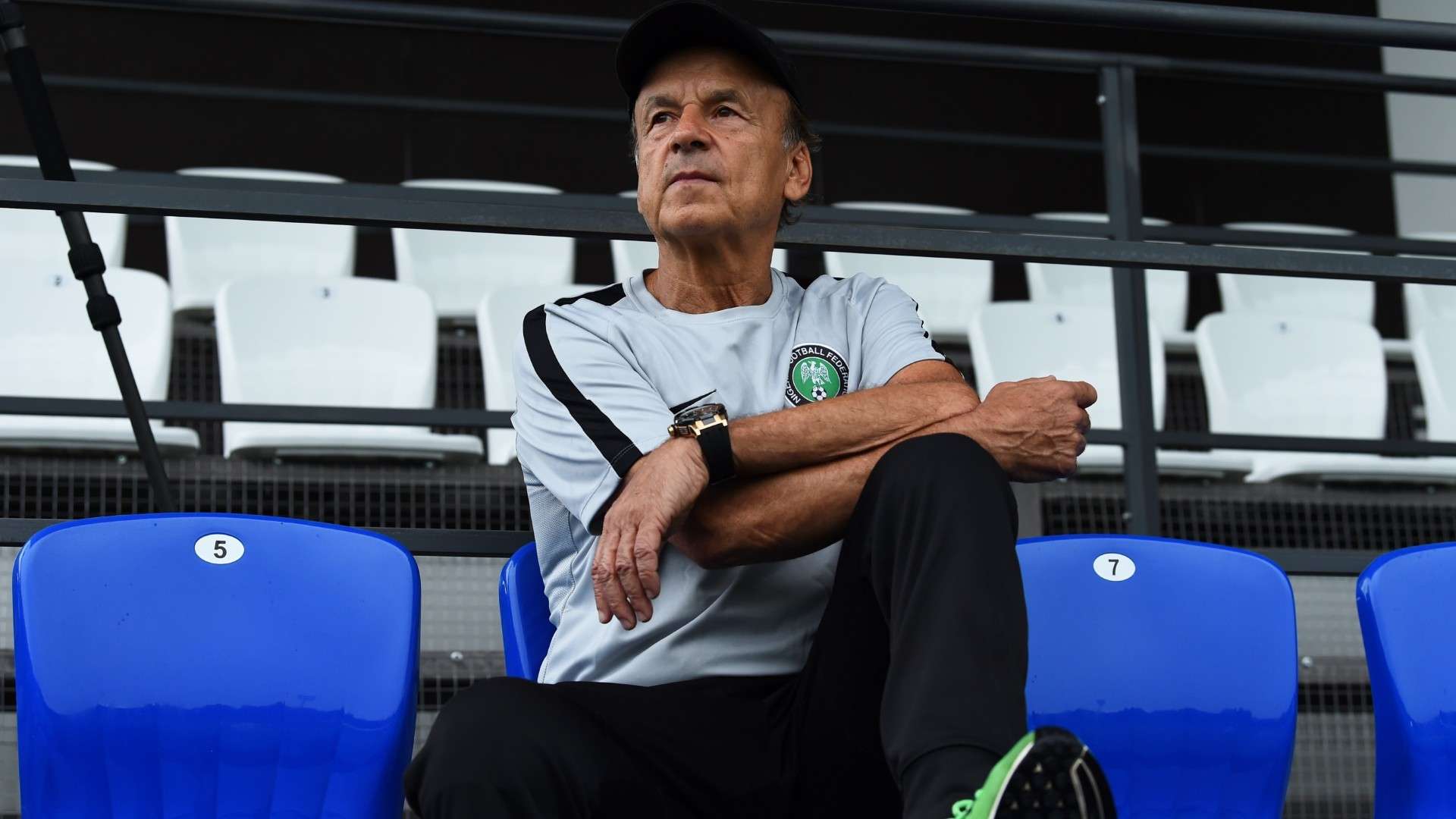 Getty Images
Getty ImagesGernot Rohr was dismissed ahead of the Africa Cup of Nations, despite being in contention for the World Cup, and since his departure, no shortage of bad blood has emerged between him and the NFF.
Rohr has blamed ex-Nigeria football chief Amaju Pinnick for costing the Eagles a World Cup place, with the Federation’s bizarre and bungled appointment of Jose Peseiro being followed up by Augustine Eguavoen’s failure to see off Ghana in the playoffs for a place in Qatar.
Peseiro’s tenure hasn’t started particularly well, with the pre-World Cup 4-0 friendly defeat by Portugal another low point, while reports of a payment dispute between the Portuguese coach and the NFF likely representing the start of yet another controversial wrangle.
Since Stephen Keshi won the Nations Cup in 2013 and then oversaw World Cup qualification, Nigeria have struggled to get their appointments right.
The Big Boss’s relationship with the Federation soured and results turned, while Sunday Oliseh promised so much but may have lacked the maturity or character to have truly imposed his coaching principles on the team.
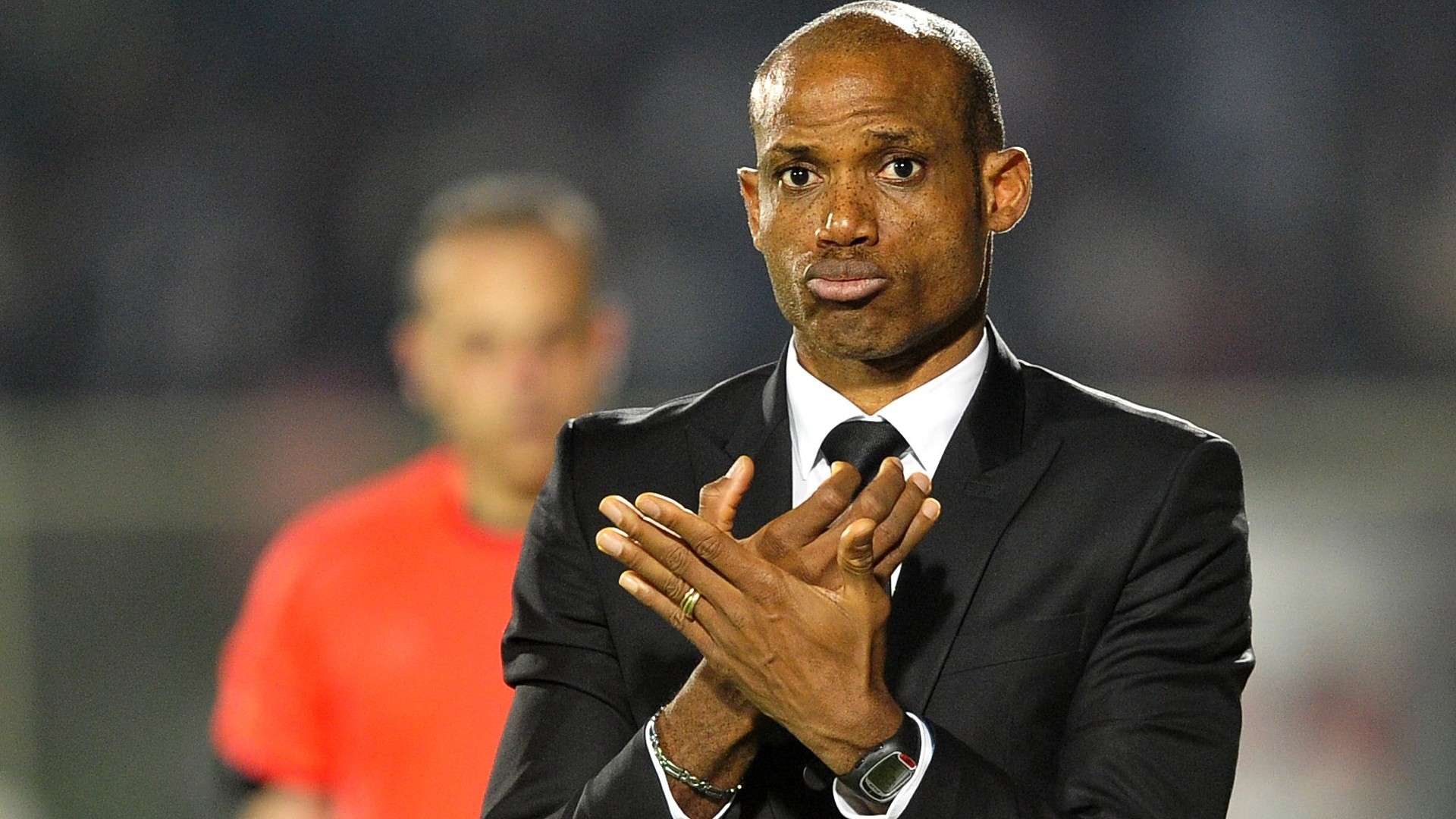 Backpage
BackpageRohr reinvigorated the Eagles during the qualification campaign for the 2018 World Cup, and took them to the Nations Cup semis in 2019, but there was a consistent sense that he struggled to get the best out of the talent at his disposal.
Imagine what Renard could have achieved with this generation of players had the NFF taken the plunge on appointing him in either the summer of 2014, when Keshi initially resigned after the World Cup, or in early 2016, when Oliseh resigned due to contract violations and unpaid wages.
Imagine how Renard could have transformed the Eagles’ professionalism, tactical approach and ultimately, their fortunes, in the intervening years, while getting the best out of a magnificently talented collection of players.
With Zambia, Renard showcased his ability to forge an organised, resolute side, while getting the best out of home-based players—it’s something similar to his current achievements with Saudi Arabia, where everyone of the current squad are based in their home country.
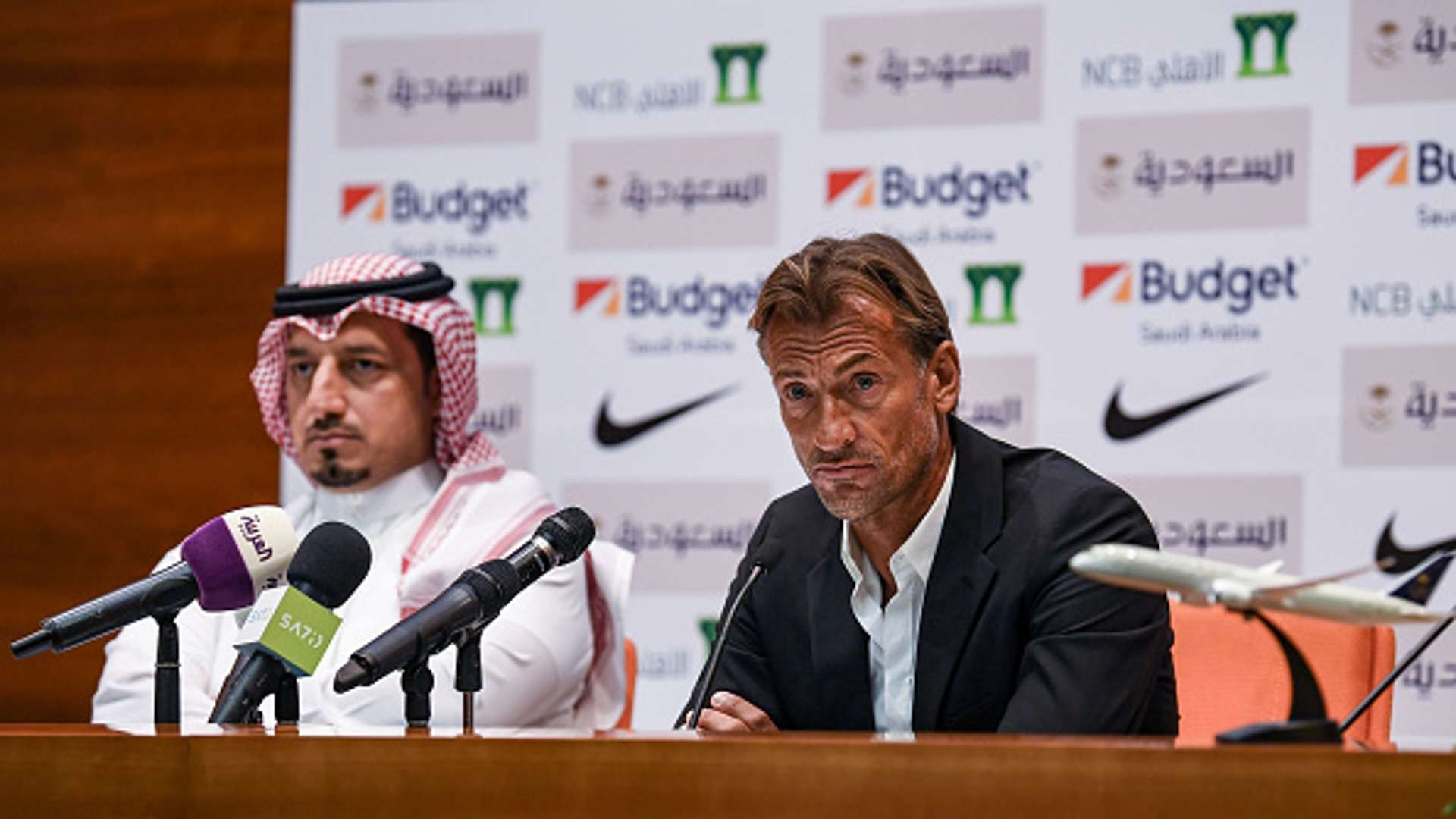 getty
gettyWould Renard have turned to the NPFL and got the best out of some of the talented home-based players who have arguably been underused by the national side in recent years?
Similarly, he’s also demonstrated effectively—particularly with Morocco—an ability to integrate both local-born players and talent from the country’s diaspora.
It’s something that Nigeria have struggled to get right.
The likes of Ademola Lookman and Cyriel Dessers, haven’t always been trusted in the national fold, and were late arrivals, while the Eagles wholly failed to convince the likes of Fikayo Tomori, Tammy Abraham, Carney Chukwuemeka, Bukayo Saka, Karim Adeyemi, Arnaut Danjuma, Eberechi Eze, Philip Billing or Dominic Solanke to commit to the national side.
Contrast this to Morocco under Renard, where Achraf Hakimi (born in Spain), Noussair Mazraoui, Sofyan Amrabat (both Netherlands), Sofiane Boufal, Youssef Ait Bennacer, Khalid Boutaib (all France), and Ryan Mmaee (Belgium) were just some of the European-based stars who were recruited at the expense of European sides.
With the Ivory Coast, he effectively blended youth with experience, winning the Nations Cup with uncapped 20 and 21-year-olds Eric Bailly and Wilfried Kanon in a defensive line along with Kolo Toure, then aged 33.
Their Afcon-winning campaign in early 2015 was yet showcase of another element of his managerial class, as he got the best out of the Ivory Coast’s Golden Generation, while bringing through faces of the future at the same time.
11 of their title-winning squad had 10 caps or fewer at the time of the tournament.
Renard’s winning mentality, defensive organisation and game management could have all been valuable assets for Nigeria over the last few years, when each of these areas have—at times—let the West African giants down.
Of course, we’ll never know what might have been, and indeed, due to the current state and apparent mismanagement of the NFF, it’s fanciful even to suspect that a coach of Renard’s class and quality could realistically have been recruited by Nigeria, even though the nation’s scale, size and stature should mean he’s exactly the kind of talent that we should have been aiming for.
Instead, the Super Eagles watch on from the outside as the Ivory Coast win the Afcon, Saudi Arabia defeat Argentina at the World Cup, and Jose Peseiro reveals he hasn’t been paid in six months.
